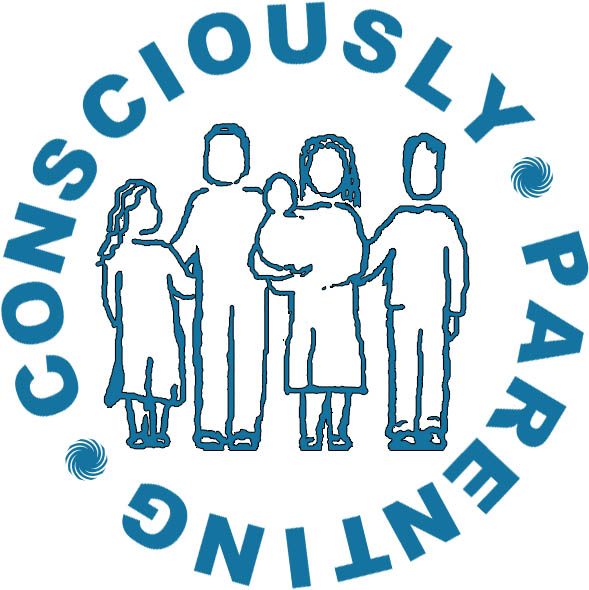The Cultural Paradox of Feelings: Better Relationships in 2 Minutes #5
Everywhere we go as parents, the prevailing information is that we need to train our children out of their feelings and expressions. We insist our kids use words and find a logical way of expressing themselves, which in and of itself isn’t a bad idea. But when do our kids actually have the space to express their feelings?
I’m Rebecca Thompson Hitt and this is Better Relationships in 2 minutes.
When we have little babies, we’re constantly trying to quiet them and soothe them. Again, by itself this isn’t a bad thing. But can we let them express their feelings in our arms? It’s hard for us to do when it’s something we didn’t experience. It brings up feelings for us that we don’t really know what to do with and we were taught implicitly and explicitly that we’re not supposed to express.
As they grow, we distract our kids from their feelings in many ways and we punish them when they’re expressing feelings. Time-out is one way that we say, “It’s not ok to express those feelings. Go into a room by yourself and come back when you’re not upset.” We may say those words directly or indirectly. The emotional brain needs someone else to help soothe it, even as adults.
We’re wired to be in connection and to have someone be with us in our big feelings. Our culture teaches us to just shut the feelings down, but to the detriment of our emotional health. When feelings don’t have a safe place to go or when we don’t have others helping us learn how to manage those big feelings, we end up with emotionally illiterate adults. I can’t tell you how many times couples come to see me with one person who is emotionally stunted. This is not an individual failure, but a cultural problem of people who aren’t fluent in the language of feelings who pass that on to the next generation and reinforce it in social norms.
I’d invite you to just notice the ways that feelings are shut down- whether they’re yours or it’s in your family. Just notice and remember that these are cultural patterns you’re looking at and you have the power to start to shift that right now in your own family.
Tomorrow, we’ll be talking about how room for feelings doesn’t mean Lord of the Flies.


